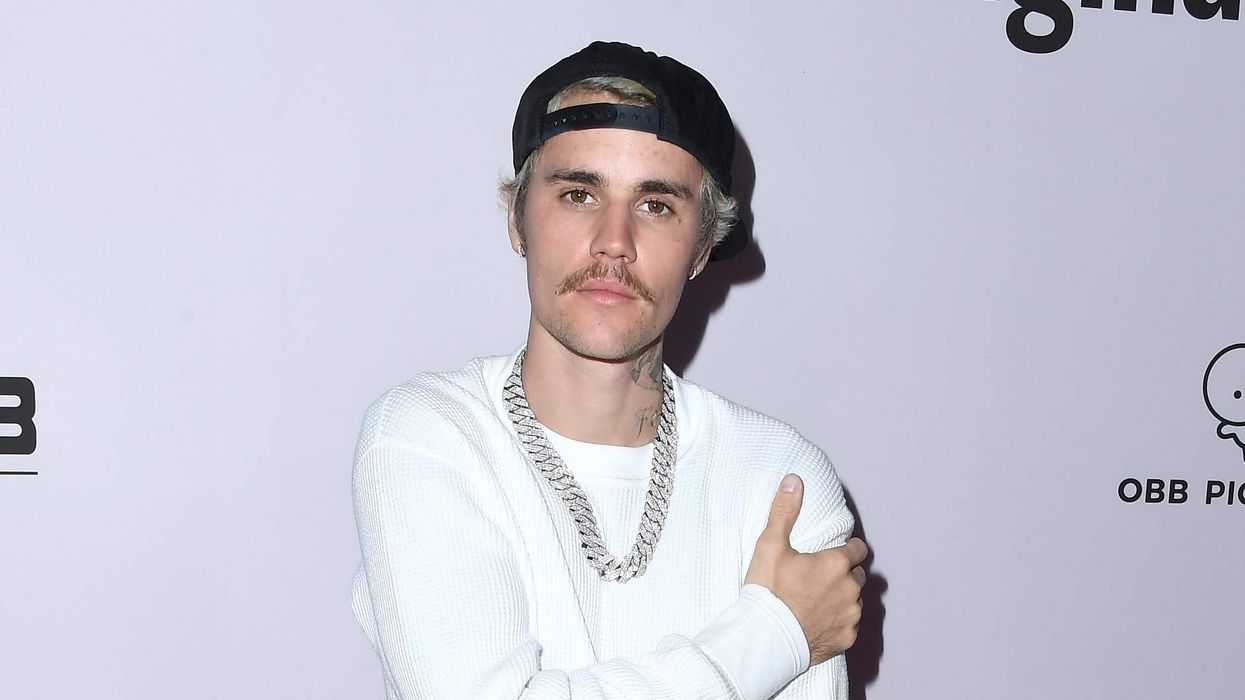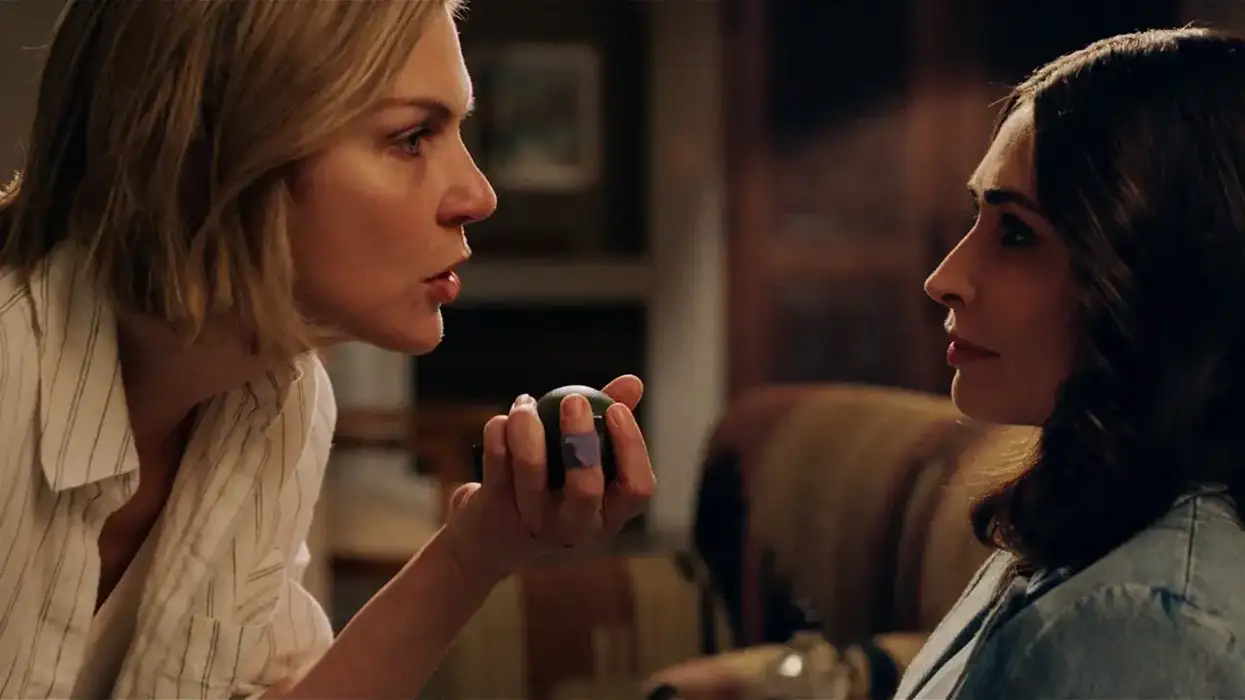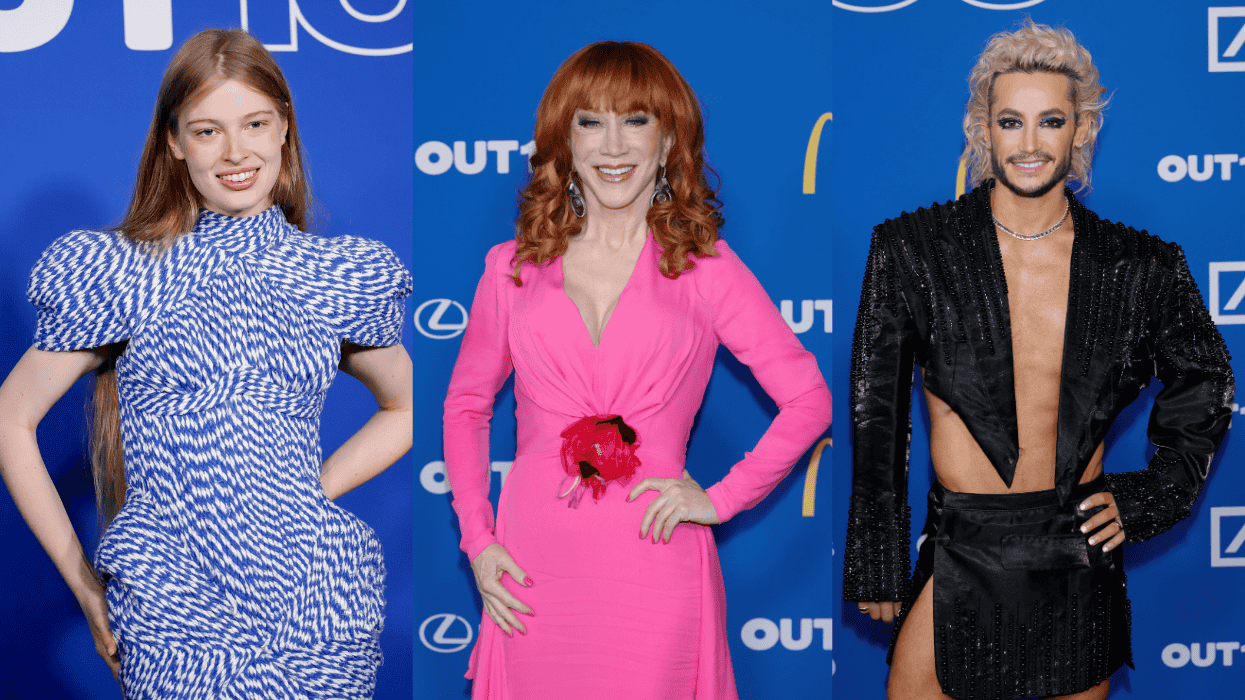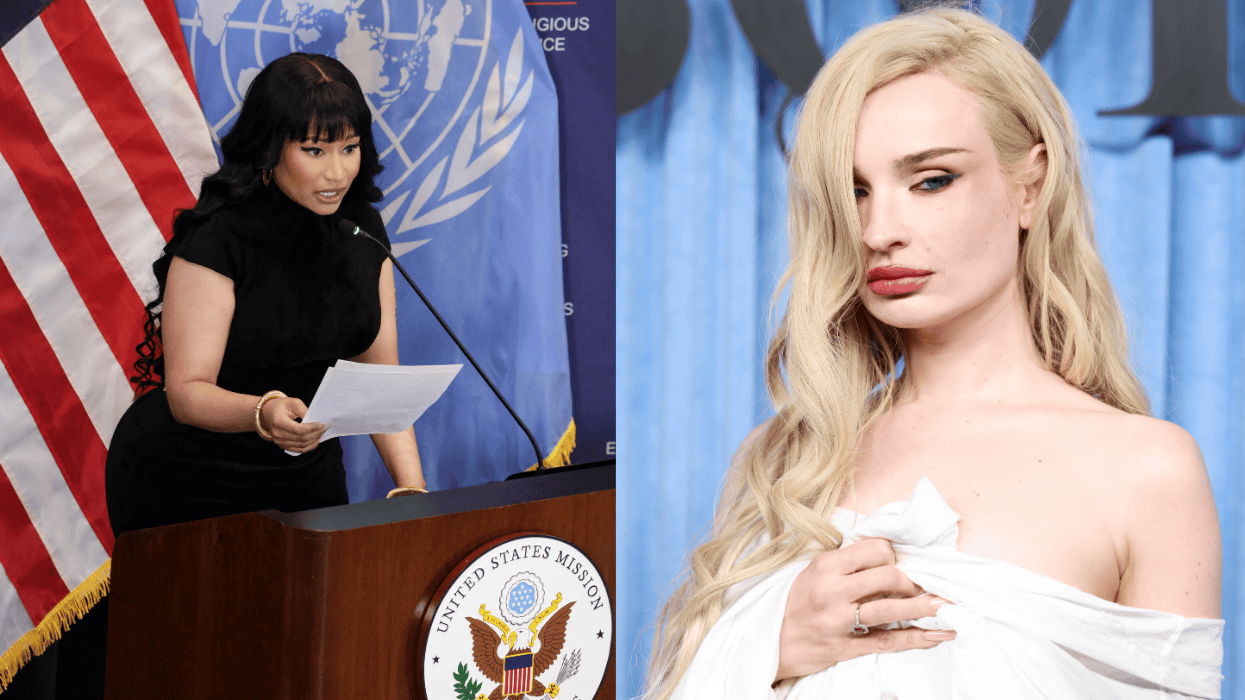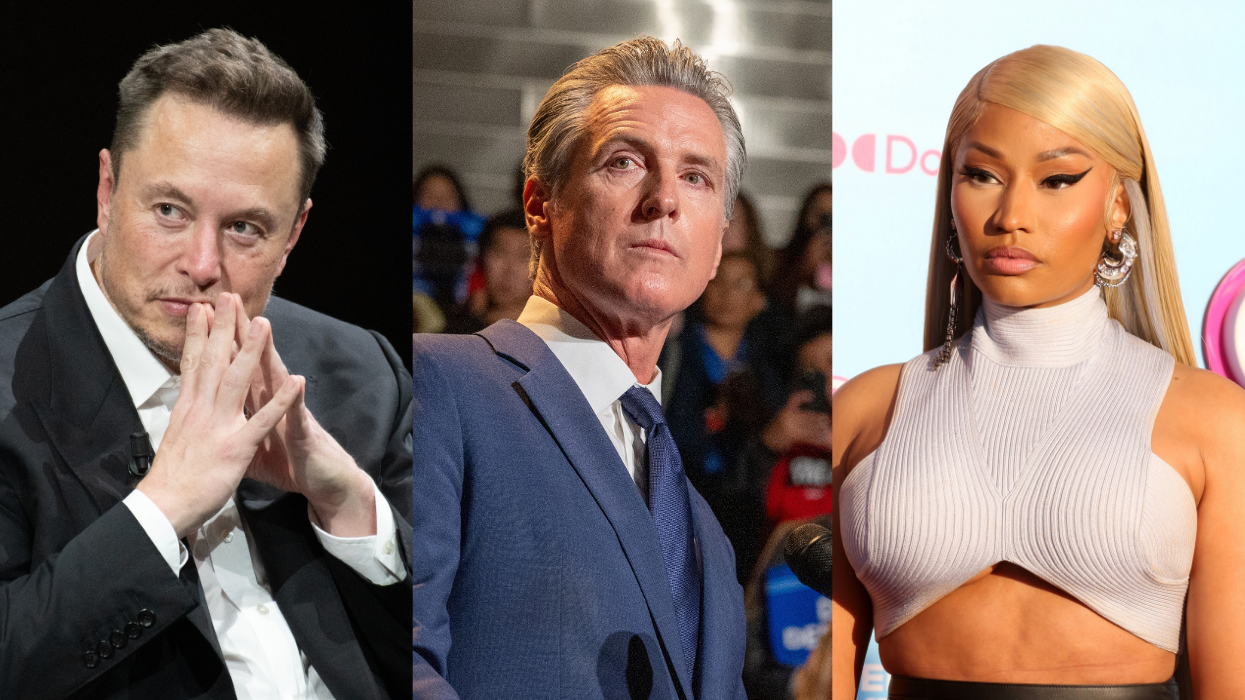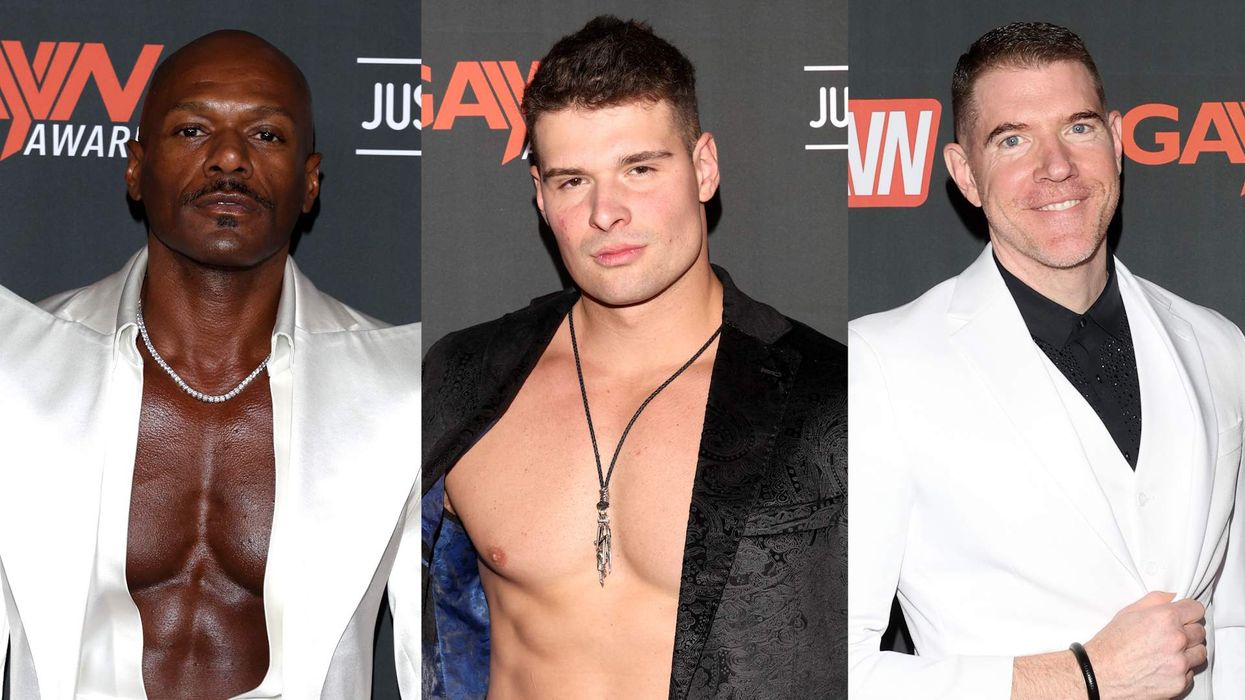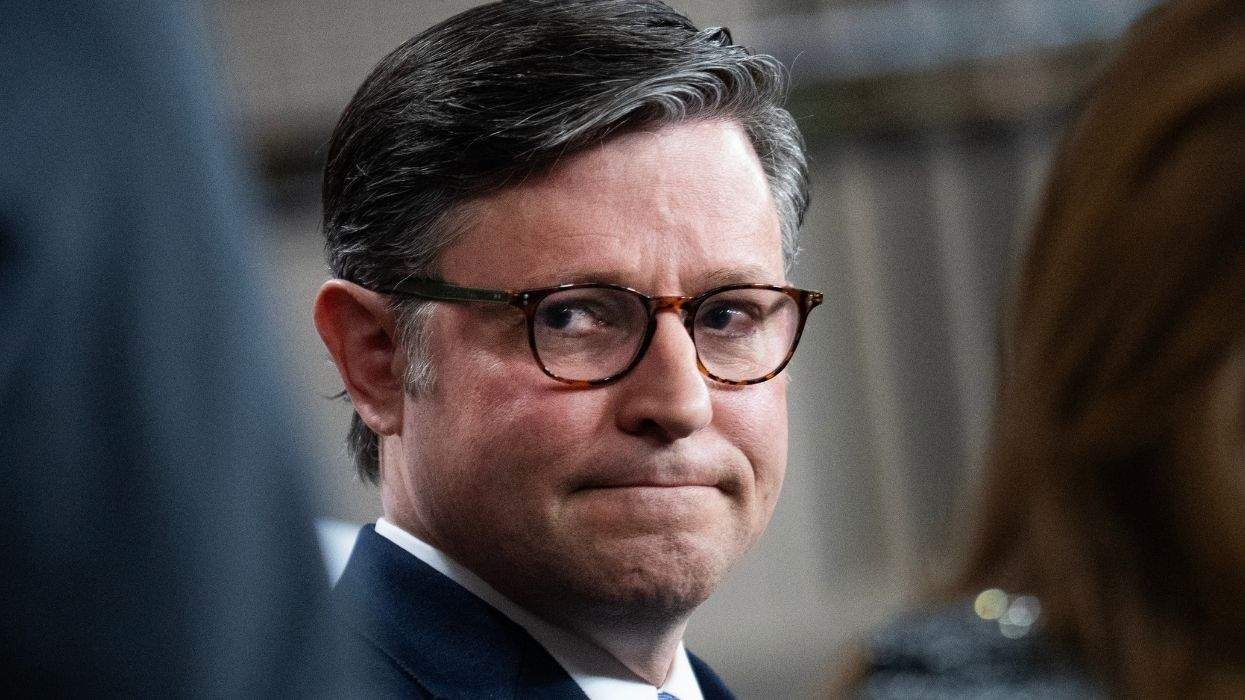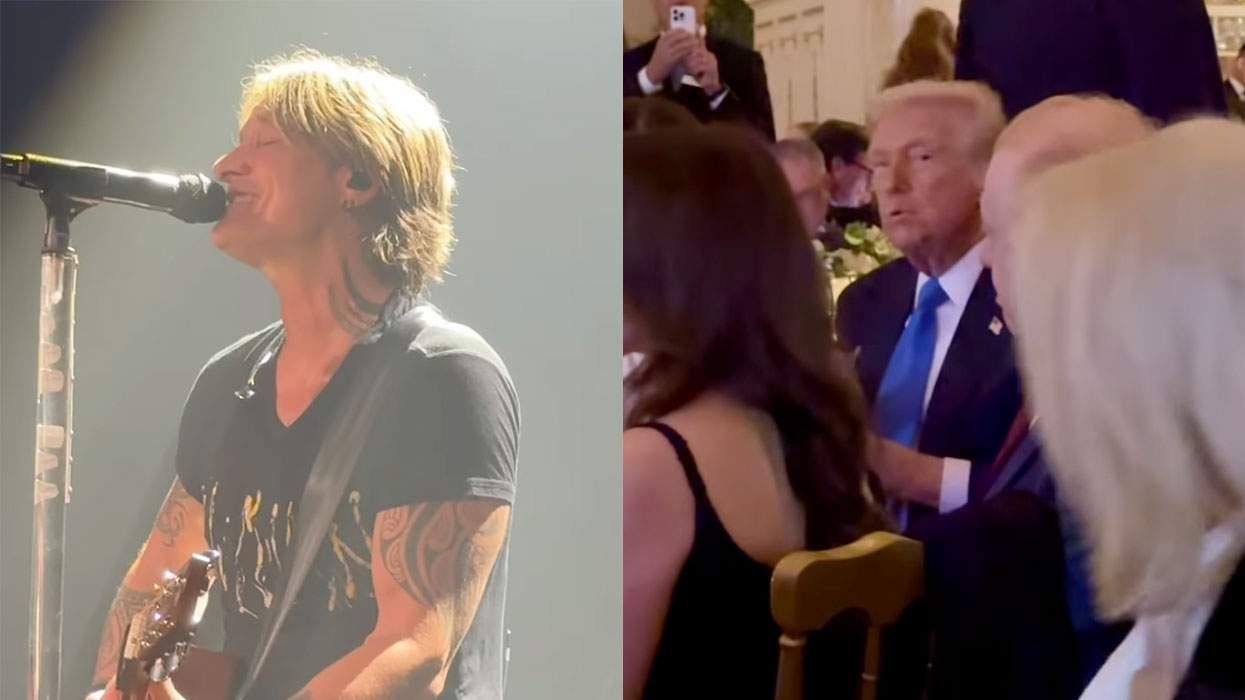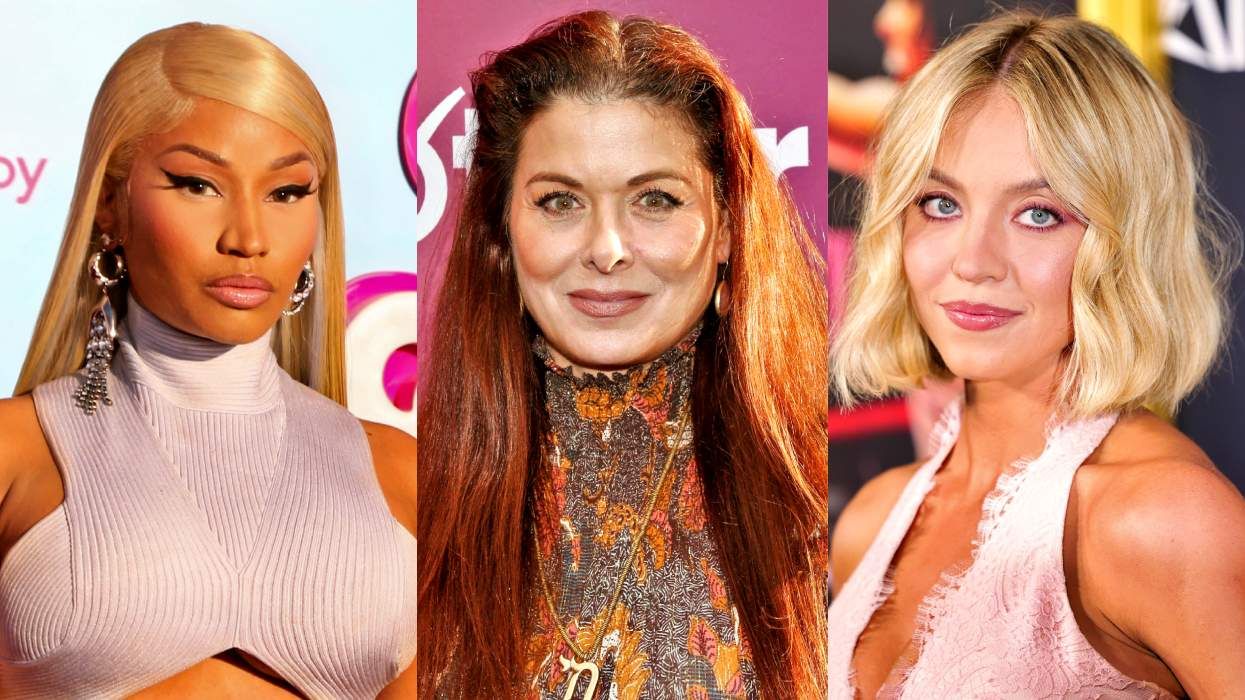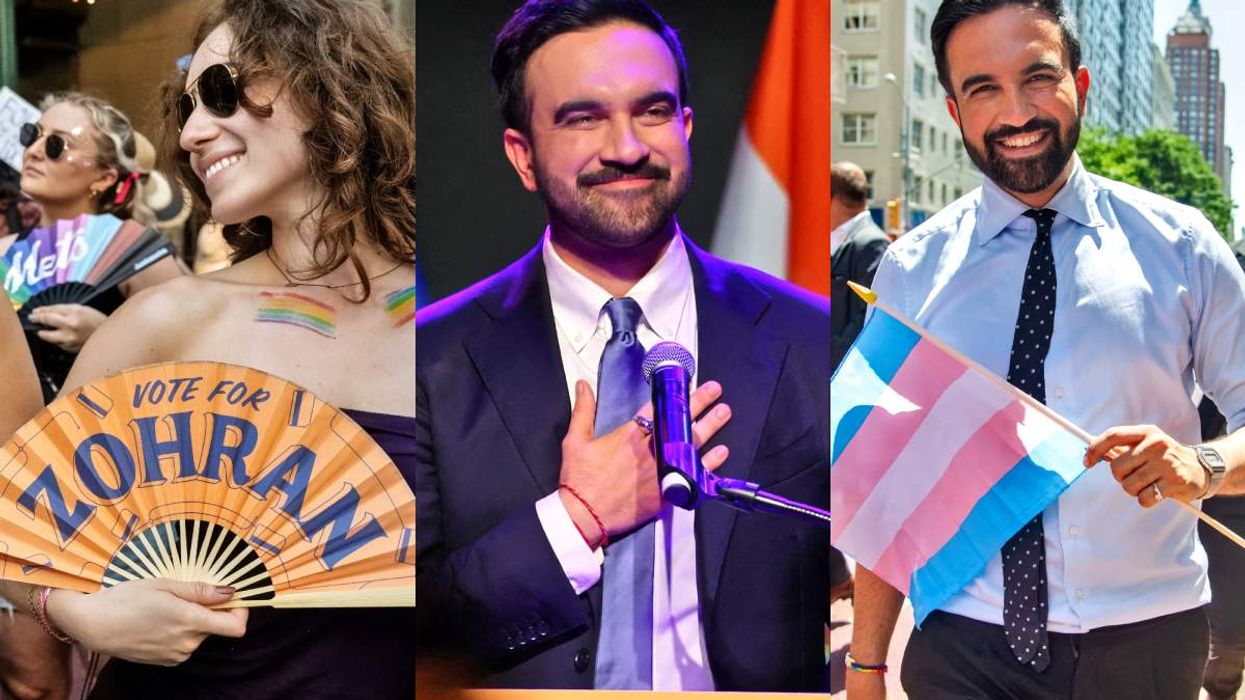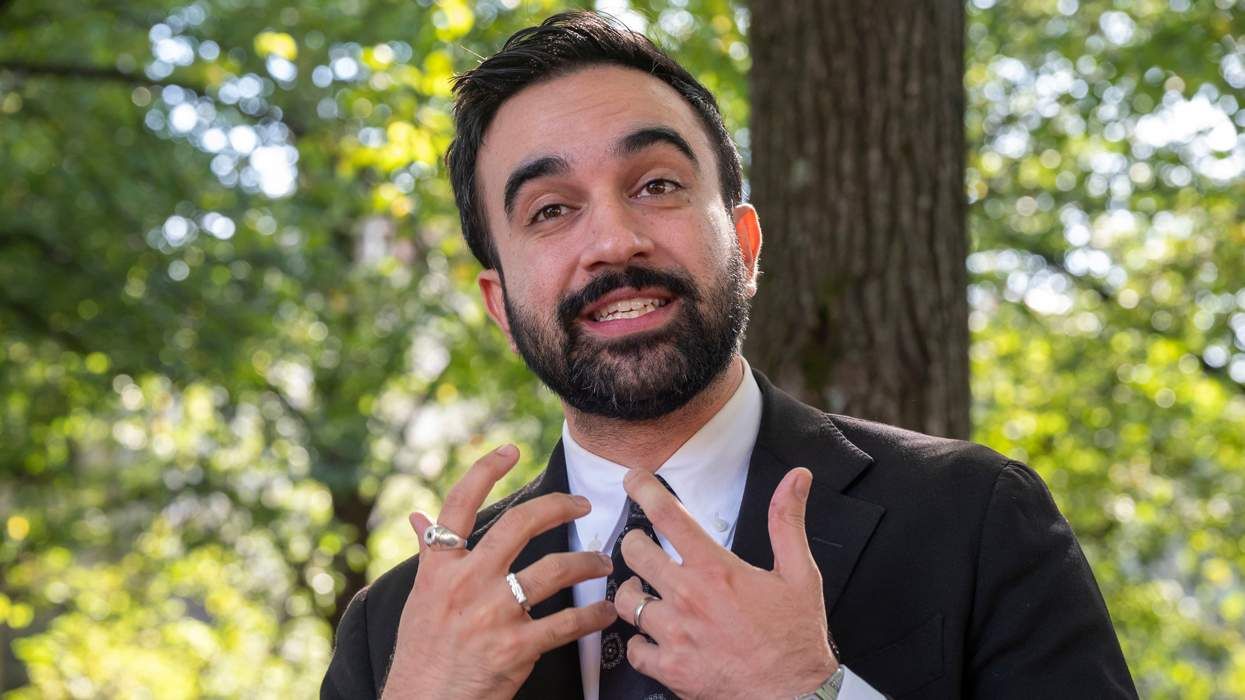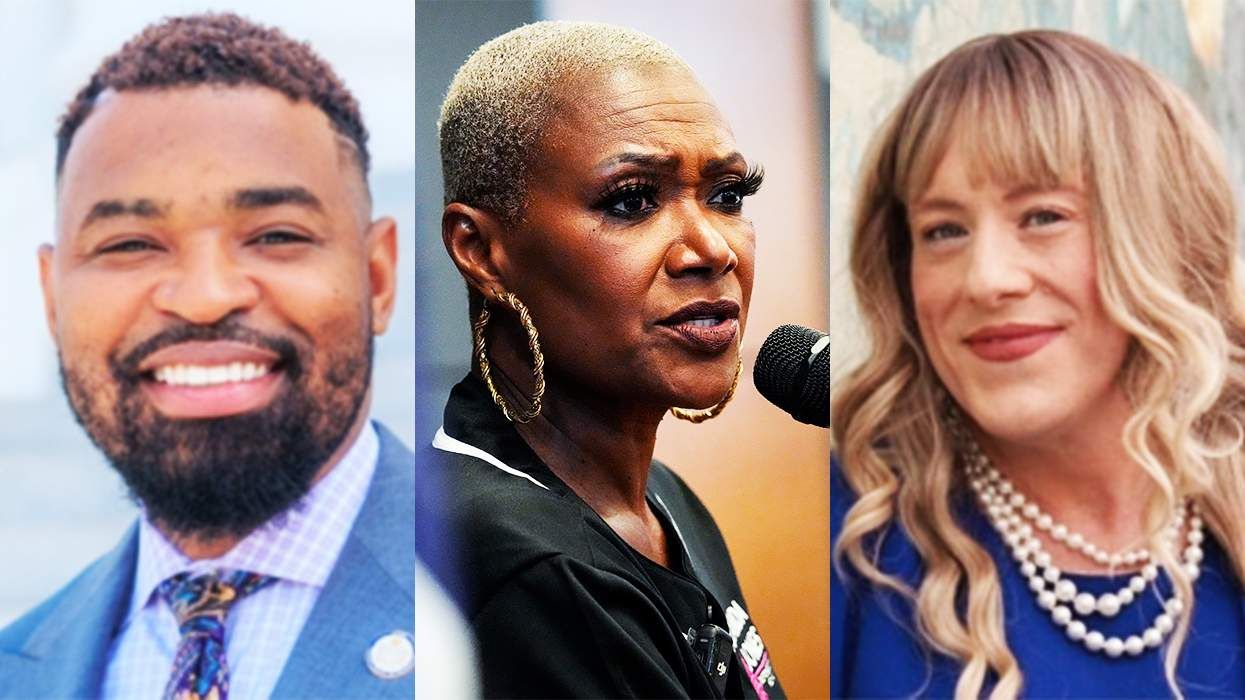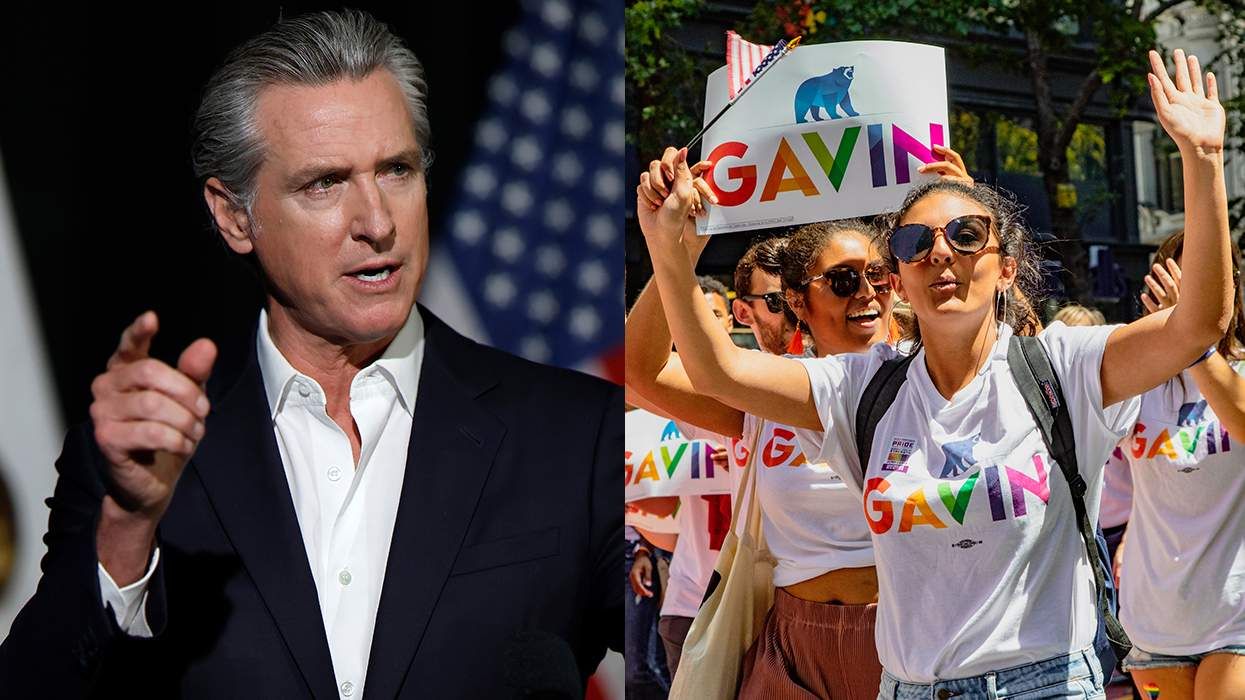After months of town halls, exploratory committees, stump speeches at hog roasts in early primary states, and a whole lot of candidates (and I mean a lot), we're finally here: the first debate of the Democratic presidential candidates. OK, technically there are two debates, airing Wednesday night and Thursday night on NBC, MSNBC, and Telemundo at 9 p.m., both nights. But in either case, this will be the first major pitch to most Americans who are beginning to really dig into the 2020 campaign in a meaningful way. Only 17 more months to go until the general election! Are you exhausted already? Same.
On with the show: four hours (two each night) of good old fashioned stumping. Here are some of the things to keep in mind as you watch at home.
Wait -- who on earth is debating?
First off, who's going to debate on which night? Night one has been generally considered the one for Massachusetts Sen. Elizabeth Warren to shine. She's been climbing in the polls slowly over the course of the last two months or so, and according to Real Clear Politics' national average, leads the candidates scheduled on stage for night one, followed by former Texas Rep. Beto O'Rourke and New Jersey Sen. Cory Booker. That night will also include, New York Mayor Bill de Blasio, former HUD Secretary Julian Castro, former Maryland Rep. John Delaney, Hawaii Rep. Tulsi Gabbard, Washington Gov. Jay Inslee, Minnesota Sen. Amy Klobuchar, and Ohio Rep. Tim Ryan.
For many of these candidates it'll be their first major exposure to a national audience; they can set themselves apart by showing their personality or maybe even talking about exciting policy ideas. No matter how it goes, the candidates on night one might actually be glad to not have to share the stage with the remaining politicos reserved for night two.
Thursday is being billed as the big dance, likely punctuated by some ganging up on former Vice President Joe Biden -- potentially for a couple of reasons, including the whole "I can work with segregationists" thing -- and a whole lot of jockeying for time. The remaining field includes Colorado Sen. Michael Bennet, New York Sen. Kirsten Gillibrand, California Sen. Kamala Harris, former Colorado Gov. John Hickenlooper, Vermont Sen. Bernie Sanders, California Rep. Eric Swalwell, writer and activist Marianne Williamson, entrepreneur Andrew Yang. Of course, we've got our eye on Mayor Pete Buttigieg of South Bend, Indiana, who will be the first openly LGBTQ+ person to appear in a presidential debate.
Someone else to keep an eye on: Rachel Maddow, who will be one of the five moderators for the debates. Candidates have been clamoring to get a guest spot on her show, as the most watched host on MSNBC, meaning her show is a direct pipeline to a good chunk of the Democratic base. As perhaps the wonkiest possible moderator (she'll be working alongside NBC's Lester Holt, Chuck Todd, and Savannah Guthrie, and Jose Diaz-Balart from Telemundo), expect Maddow to have some sharp questions for the eleventy-hundred candidates.
What are the key issues?
Some broader policy points to look for this week will be the immigration crisis, the rising cost of college tuition, climate change, and health care -- the last of which Democrats used as a foundational point to win the House in 2018. Trade, the economy, tax reform, and the future of labor would be big opportunities for candidates to make waves -- the economy may feel fragile to some but voters generally approve of President Trump's handling of it. But this also gets at the larger question out of all this: Which one of these jokers have the heft to beat Trump in 2020?
Sure this may seem obvious, but with Democrats still reeling from the battle for the White House in 2016, there's no question that this is at the front of everyone's minds. Biden has promised a return to the way things were in the Obama era. Reformers like Warren and in some ways Buttigieg say there is no going back, and that systems like the Electoral College and Supreme Court need to change. And while many are concerned about electability, a handful of the (women) candidates will likely remind voters that they have not lost any political contests.
OK but what are the gay things to expect, Out magazine, an LGBTQ+ publication?
It is indeed Pride month and the debates are right on the cusp of the 50th anniversary of the Stonewall Riots; that with Buttigieg on the stage, and Maddow as the moderator, expect there to be at least one Pride-focused question. With all those sitting senators, including Booker who is a cosponsor, there might be some promises to make sure the Equality Act becomes law.
Even without direct questions about LGBTQ+ issues, candidates like to sneak them into answers. For example, you may also expect a mention about the trans military ban. Warren, Harris, and Buttigieg (a Navy veteran himself), Gillibrand, Castro and Ryan have condemned the ban, and Booker has said he would reverse it right away if elected president. In addition to proposing overturning the trans military ban, Out reported earlier this spring that O'Rourke also proposed "reinstating the Obama-era Department of Education guidelines that protect LGBTQ+ students in public schools," allowing queer men and trans women to donate blood, and helping LGBTQ+ people abroad, specifically refugees and asylum seekers.
Another topic candidates have been talking about more frequently in this race than any other campaign in recent memory, is better support for families with young children, including LGBTQ+ families. Earlier this year, Gillibrand issued a family bill of rights: five fundamental rights for families of all types, including access to affordable IVF, as well as dismantling hurdles for adoption for LGBTQ+ parents, which is a patchwork of statewide regulations.
And a decade after the Affordable Care Act was pushed through Congress, healthcare may continue to be a definitive topic for the candidates. Back in May, the Department of Health and Human Services finalized a rule to essentially allow discrimination against trans and queer people people seeking healthcare. Candidates should have plenty to say about that, debate or not.
Yeah yeah, cut to the chase, what is Buttigieg going to do?
Buttigieg has been enjoying the last several months in the top tier of candidates though there's a decent chance he may need to answer for some of the problems going on in his hometown this week. Over the weekend, Mayor Pete attended a town hall meeting in South Bend, after a police officer shot and killed Eric J. Logan, a 54-year-old Black man. There he said he would "ask for a federal investigation into the shooting and for a special prosecutor to be appointed, The New York Times reports, but attendees demanded more -- more answers and more action," Out's Harron Walker wrote Monday.
Beyond this, though, Buttigieg has started to unveil his policy agenda, which could provide an opportunity to differentiate himself from all the other candidates with some of the bigger ideas he has proposed. The "Democracy" portion of his agenda -- including making Election Day a holiday, replacing the electoral college with the national popular vote, and depoliticizing the Supreme Court -- seem to be his most unique ideas. If even one of these were enacted, they would completely change the shape of American politics.
Buttigieg surged in the polls following a ground-gaining performance at a CNN town hall event back in March, and has broken well past the 1 percent category. In fact he hit the 65,000 threshold in order to qualify for this debate, pretty early on, ensuring his historic participation. So Buttigieg, don't mess this up. The weight of all the queer people in the world is riding on your shoulders. No pressure, though.
So where will all this debating bring us?
Look out for some shifting in the polls after the first two debates. Like Buttigieg's post-CNN surge, many of the early candidate who suffered from little name recognition might see a nice little polling bump. While the first votes for a Democratic candidate won't be cast until 2020 (the Iowa caucus is on February 3, and the New Hampshire primary on February 11), these polls do matter for qualifying for the next debate, as well as evaluating a candidate's momentum. There are two dozen in the field, after all, so even the smallest bit of momentum matters a lot.
And after all this, well, we'll do this all over again next month for another DNC debate in July on CNN.



